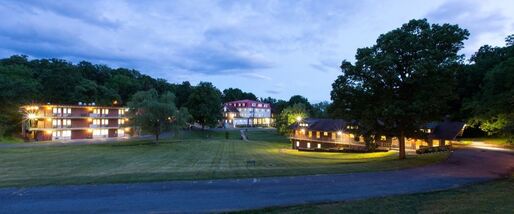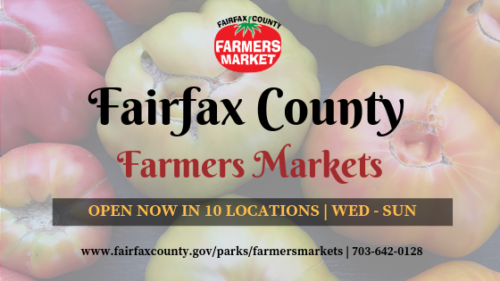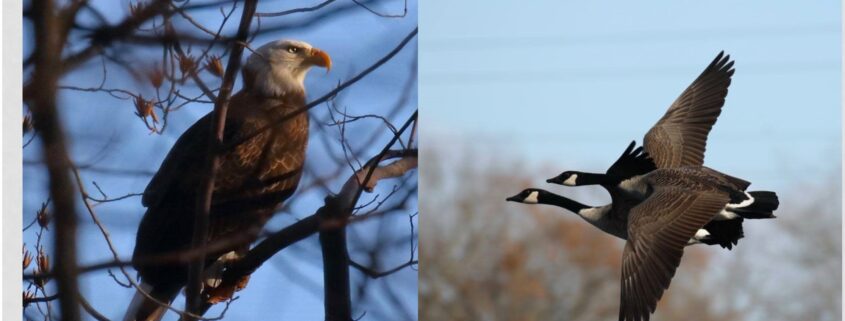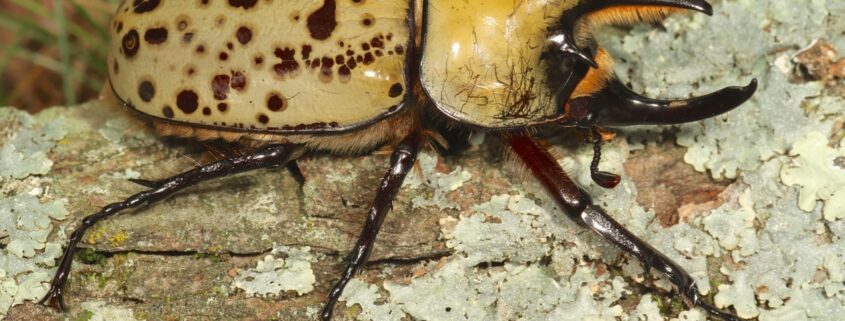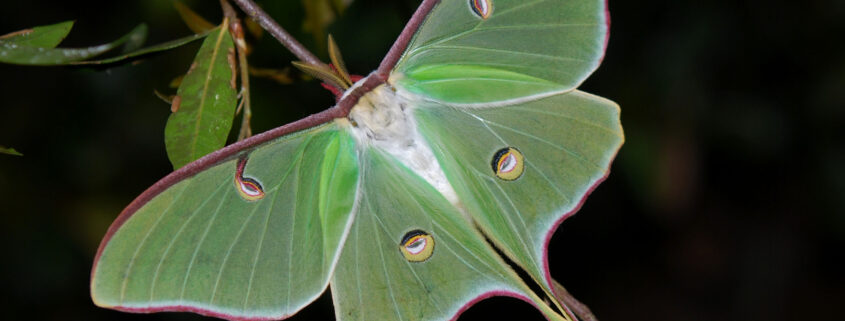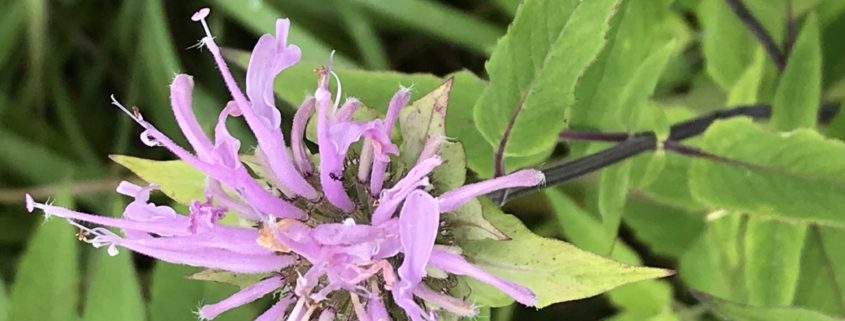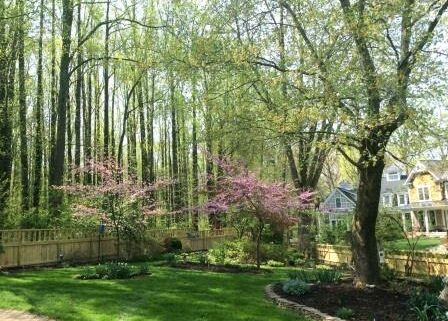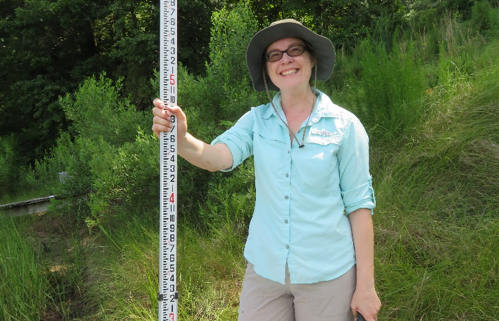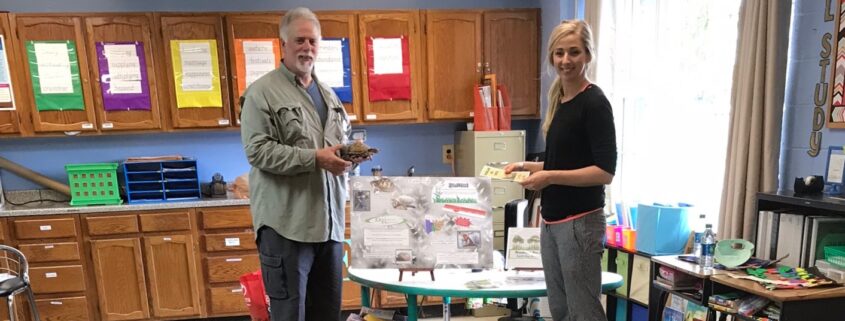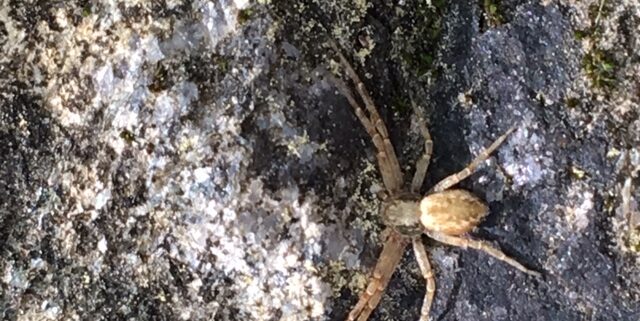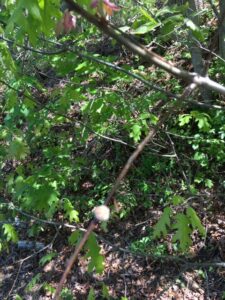Jerry Nissley
Although I developed “Turtle Talk” as my final project for the Spring 2019 FMN training class, I have been presenting talks with live turtles to elementary students for 6 years at Engleside Christian School, in Alexandria; Evangel Christian School, in Dale City; and Calvary Road School, in Alexandria. I believe that it is important to work with children so that they appreciate and care about the environment as they are growing up and when they become adults. Immediate and follow-on feedback on the presentations has been positive in this respect. Several students have reported, through their teacher to me, that their interest in nature increased as a result, and they began visiting parks and nature centers.
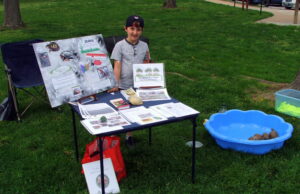
Logan Switzer helped staff the Turtle Talk station at the 2019 Ellanor C. Lawrence Park Earth Day event
Our FMN class assignment to develop an interpretive talk gave me the perfect opportunity to develop a more polished presentation. I gave the new talk twice this spring, first at Eleanor C. Lawrence Park in Chantilly, at their Earth Day event, as a “Turtle Talk” station. I also spoke at Calvary Road Christian school to about 30 students in their 3rd- and 5th-grade classes for 2 hours.
For my presentation. I built a portable display board that showcases:
- Woodland turtle fun-facts (e.g., Turtles are omnivores, live 90+ years, have a completely enclosed shell, endure a brumation period of 6 months in Virginia)
- A description of their habitat and their conservation status to help visitors understand how vulnerable box turtles are
- Photos of two of the male and female turtles that I care for
- Additional technical and pictorial resources for tailoring the presentation to different audiences
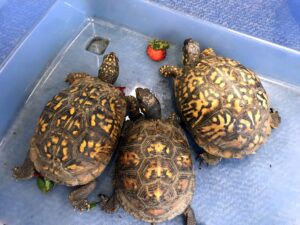
Box turtles
My presentation features three live box turtles that I rescued in the Northern Virginia area as road saves. The turtles live in a year-round outdoor enclosure at my house. I feed them a variety of food: worms, slugs, grubs, cherries, berries, and mushrooms, with a vitamin supplement called Rep-Cal. With the teacher’s permission, the children are allowed supervised handling and feeding during a class presentation. Box turtles are currently listed as “vulnerable” on the International Union for Conservation of Nature species list due in large part to loss of habitat, roads, and slow breeding cycles. My goal is to create awareness of the importance of box turtles and their plight to encourage protection efforts.
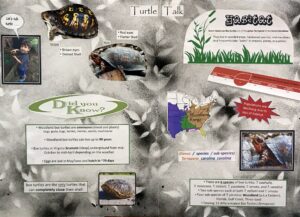
Turtle Talk display
Additionally, I’ve designed and printed a tri-fold brochure to hand out as a public take-away. I also compiled various reference materials that I use to tailor a talk for a particular audience. For example, I displayed environmental information and talked about how we can help box turtles in our neighborhoods at the Earth Day event, but I would emphasize fun-facts at an elementary school demonstration.
During the 2-hour Earth Day event at Ellanor C. Lawrence park, 38 people visited the Turtle Talk station, many of whom took brochures. Linda Fuller, an FMN colleague, organized the event.
The school presentations come under E254: Nature Presentations to Private Schools. I offered a “Turtle Talk” station in at Huntley Meadows Wetland Appreciation Day on 5 May 2019, under the auspices of the FMN Service Project, E110: FCPA Nature Programs. Under E110, Volunteers plan, set up, lead, or assist with FCPA nature programs. Under both E254 and E110, volunteers may give interpretative talks on local wildlife and plants, lead trail walks, assist with live animal demonstrations, lead educational lessons in schools or with scouts, or assist with outreach activities. Our job as volunteers is to interact with participants, awakening their curiosity and helping them develop connections to nature and the outdoors.
If any other FMN members are interested in creating live-animal presentations or general school presentations, I would be happy to consult, share what I’ve learned, and discuss the contacts I’ve developed. Working with children is meaningful and, I hope, it may lead to a new generation of committed naturalists and environmentally savvy adults.


